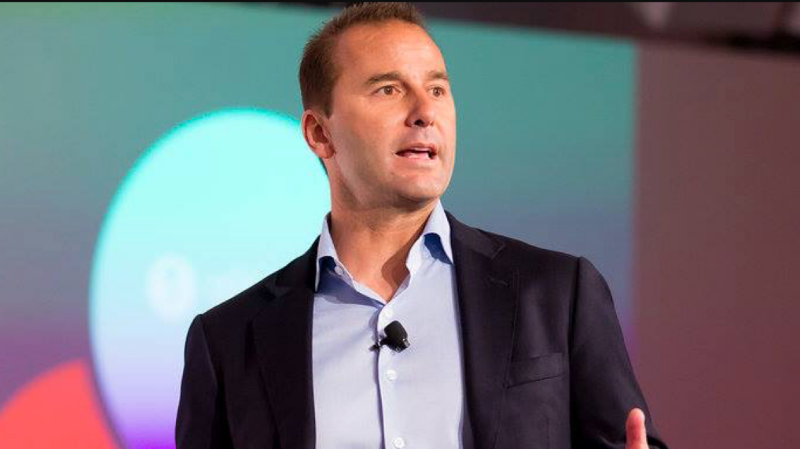As brand trust erodes, the influencers rise
We’ve trained ourselves to not trust what advertisers tell us, according to David A. Yovanno, global CEO of partnership platform impact.com. And that’s why partnerships with influencers and content creators have evolved: to deliver third-party validation of a brand’s message.
When it comes to brand partnerships, Yovanno wrote the book. Quite literally. As author of The Partnership Economy: How Modern Businesses Find New Customers, Grow Revenue, and Deliver Exceptional Experiences, Yovanno believes the use of savvy partnerships between companies and online influencers can build brand awareness, customer loyalty, and competitive advantage.
Speaking to Mumbrella while in Sydney recently, Yovanno claims the days of brands simply touting their own benefits to the customer are over. The modern, more-wary buyer requires third-party validation before committing to a brand. Fake news abounds, and trust in corporations is at a nadir.


